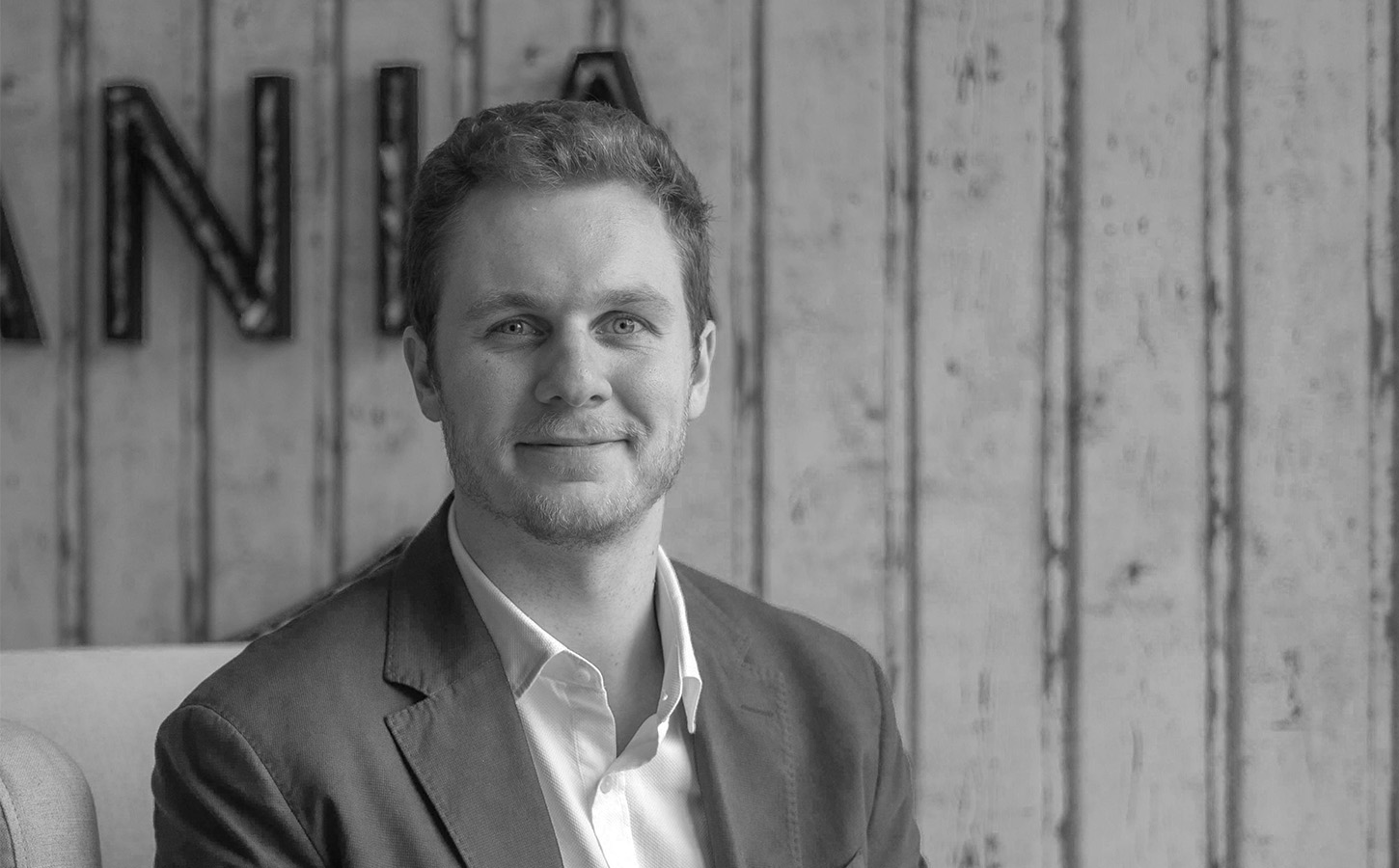Green ICT on a CxO Degree – key take-aways from the #CopenhagenMission22
From 21 to 23 November, Agoria, hub.brussels, the Agoria Young Professionals and Sirris organised an economic mission for digital growth companies to Copenhagen, the capital of the world's most sustainable and competitive country. Our Business Analyst and Sustainability Expert Vladimir Lyutyy attended as well and discovered Copenhagen's impressive tech scene from the front row. Curious about his key takeaways? Well, let’s sum up his twelve most noteworthy ones.
2. We are in this together. Collaboration is a key element of Danish culture and their company code. A company's potential to create a positive significant footprint in the ESG+ domains is closely linked to its ability to collaborate, communicate and create with other companies. The value of a solution or business model can be significantly enhanced by integrated approaches that complement each other based on stakeholder needs.
“Companies should strive to give something back to society through stakeholder engagement and by integrating community interests into every step of the business process.”
3. A sustainable business is impossible without society. As companies grow and develop within the (inter)national community, just paying taxes alone is not sufficient. Companies should strive to give something back to society through stakeholder engagement and by integrating community interests into every step of the business process.
4. Doing business in the current economic climate comes with risks. Doing business without considering ESG factors duplicates such risks. According to PropTech Denmark, modern businesses, including real estate, should strive to maximise positive ESG impacts through innovation and digitalisation.
“Legislations such as EU Taxonomy and CSRD require companies to re-evaluate their business models and provide additional information not only about their organisations, but also about their customers, suppliers and other stakeholders.”
5. Regulatory frameworks are becoming the main driver of the transition to sustainable business. Legislations such as EU Taxonomy and CSRD require companies to re-evaluate their business models and provide additional information not only about their organisations, but also about their customers, suppliers and other stakeholders. The European Environment Agency indicates that current efforts will not be enough to meet global sustainability goals. They expect regulatory pressure to increase and urge companies and governments to act.
6. Data is the new gold, but it must be managed properly. After all, it is not enough to own the data; it is equally necessary to understand it and translate it into actions and policies. Like CopenHill's industrial incinerator, those companies that fail to separate precious resources (in this case, relevant data) from the slag, lose a significant portion of their revenues.
7. Companies such as energy provider Ørsted A/S align their strategic vision with environmental and social factors. Yet having the right business model does not do the trick. For instance, companies need to maintain a balance between incremental innovation and the adoption of disruptive technologies. Incremental innovation ensures stable capital inflows to support strategic initiatives and disruptive technology transforms companies into market leaders.
“Having a clear sense of direction and user-centric product design is what makes the difference between a successful implementation and a waste of resources. Digitalisation for the sake of digitalisation should be ruled out.”
8. Digitalisation of public and private sectors is an imperative to improve sustainability. However, digitisation within a company must be implemented in line with the company's vision and mission. Having a clear sense of direction and user-centric product design is what makes the difference between a successful implementation and a waste of resources. Digitalisation for the sake of digitalisation should be ruled out.
9. Responsibility is the most important factor when it comes to sustainability. Companies need to promote and create a culture of trust, support and responsible decision-making.
10. Most Belgian start-up and scale-up companies integrate sustainability factors into their product and decision-making processes. The challenge lies in building a network of customers and partners with which they can grow and develop new opportunities.
“Focusing on the mistakes to avoid making them twice is something Danish companies could learn from us.”
11. Danish companies often put their emphasis on the things that work. However, sometimes it is important to focus on the failures as well. You can learn from your mistakes by analysing the things you did and the results they led to. This is especially visible in Belgian business culture - focusing on the mistakes to avoid making them twice is something Danish companies could learn from us.
12. The environmental dimension often dominates ESG reporting. However, the social dimension often serves as a greater lever for increasing corporate value by retaining and creating talent within the company. As this dimension is less discovered, start-ups like Ekowz can fill the gap by analysing employee satisfaction as part of the ESG spectrum and linking it to factors such as air quality and ventilation.
Where do you stand in your sustainability journey?
Implementing sustainable business practices doesn't happen overnight. As you were able to read, it requires a keen understanding of European regulations (consider the Corporate Sustainability Reporting Directive - CSRD) and the right approach to implement your green strategy and reporting.
With our brand-new offering Sustainability Data Modelling, we leverage our far-reaching data expertise to create the necessary added value you need. More specifically: we provide you with a dedicated team of data experts who can translate their far-reaching sustainability know-how into a concrete roadmap to get you started.
Browse through our Sustainability Data Modelling brochure, get a first impression of our offering and approach, and feel free to contact us to discuss all your concrete questions. We already can't wait to guide you as a wingman towards a greener world:
Author
.png)
Vladimir Lyutyy
Tags
Related insights
I just can't get enough.
Discover our news and blogs!
Want to receive our Tobania newsletter?
Complete the form and we will send you some interesting insights.



